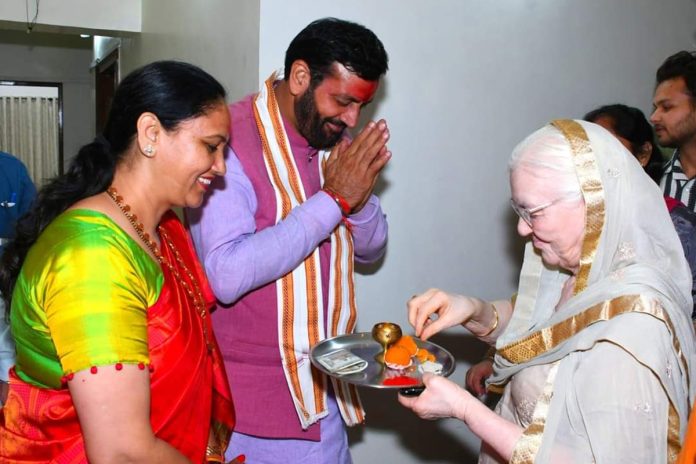New Delhi: Defying exit poll predictions, the Bharatiya Janata Party (BJP) achieved a historic third consecutive win in Haryana and secured a majority of assembly seats in Jammu, even as the National Conference-Congress alliance appeared poised to take power in Jammu and Kashmir (J&K) as assembly election results were declared on Tuesday.
These elections were the first since the April-June Lok Sabha polls, where the BJP returned to power with a reduced majority. Both Haryana and Jammu & Kashmir have 90 assembly seats each, and any party or coalition crossing the halfway mark can form the government.
By late evening, the BJP had won 48 seats in Haryana, while the Congress secured 37. The Indian National Lok Dal (INLD) took two seats, and three went to independents.
Prime Minister Narendra Modi celebrated the BJP’s victory in Haryana, calling it a triumph of “development politics and good governance.” He thanked the people of Haryana for their clear mandate and pledged to fulfill their aspirations.
Union Home Minister Amit Shah took a swipe at Congress leader Rahul Gandhi, suggesting that Haryana had “taught a lesson” to those who, in his view, disparage the country abroad for political gains. Shah expressed gratitude for the BJP’s third consecutive win in the state.
Haryana Chief Minister Nayab Singh Saini, who recently replaced Manohar Lal Khattar, credited the victory to PM Modi’s policies and thanked the people for supporting the BJP.
This win is seen as a significant boost for the BJP ahead of crucial upcoming state elections, particularly in Maharashtra.
The Congress, which had been confident of winning Haryana based on exit polls, was disappointed with the outcome. Senior Congress leader Jairam Ramesh called the results unexpected and accused the BJP of manipulating the process.
In Jammu and Kashmir, the National Conference (NC) neared a majority with 42 seats, while its ally Congress secured just six. The BJP, benefiting from a strong performance in Jammu, claimed 29 seats, and independents won seven. The Peoples Democratic Party (PDP) lagged, securing only three seats.
This election marked the first assembly poll in J&K since its special status was revoked under Article 370 in 2019 and its reorganization into two union territories. National Conference leader Omar Abdullah reiterated his call for the restoration of statehood and seems set to become J&K’s next chief minister, ending a five-year period without an elected government.

